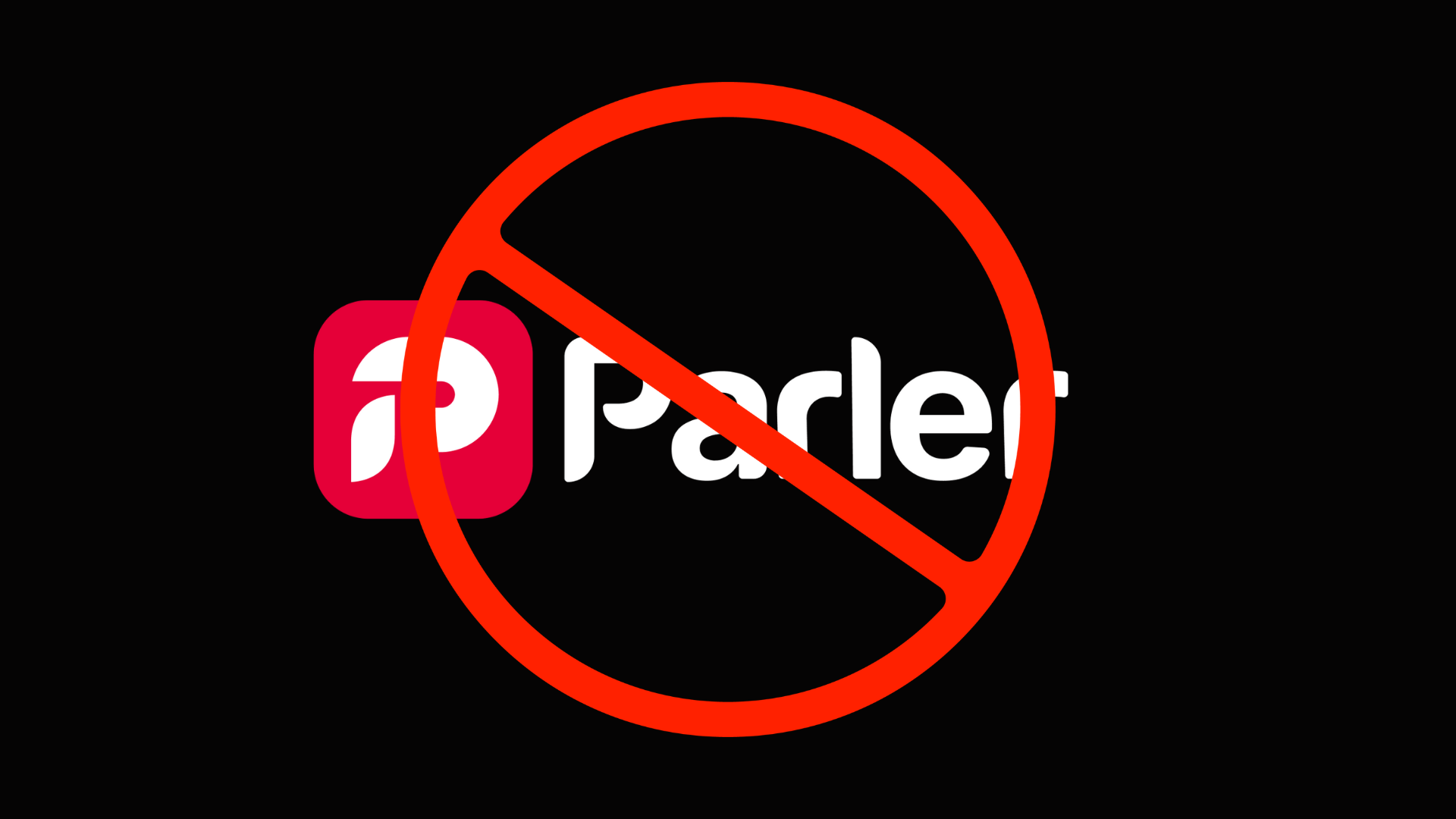November 5, 2024 — Just as Americans across the country head to the polls, Parler, the alternative social media platform known for its commitment to free speech, has reportedly been shadowbanned by Meta, the parent company of Facebook and Instagram. Parler claims the action was taken following its post sharing a well-cited story regarding suspected voter interference in Michigan. The incident raises concerns over Big Tech’s influence on the information available to voters during one of the most critical days in the election calendar.
According to Parler representatives, the post that triggered the shadowban detailed allegations of voter interference in key Michigan precincts, backed by multiple sources and linked to public records and witness statements. By mid-morning on Election Day, Parler’s content reach across Meta-owned platforms was allegedly restricted, significantly limiting its visibility among users. Meta has not yet commented on the shadowban, and Parler’s account remains restricted on Meta platforms as of this afternoon.
The timing of the shadowban has raised eyebrows. This move by Meta, critics argue, could potentially limit access to alternative viewpoints on key election issues as millions of Americans make their way to voting booths. “Today is not the day to restrict information, especially when people are trying to make informed decisions,” a spokesperson for Parler said. “The silencing of our platform on Election Day is troubling and could even be seen as a form of election interference.”
This isn’t the first time Big Tech companies have faced scrutiny for limiting conservative viewpoints. Parler, in particular, has encountered similar challenges, especially during high-stakes political moments. Following the 2020 election, Parler and other conservative-leaning platforms accused Big Tech giants of censorship and shadowbanning—a technique that limits the visibility of content without informing the user or account.
As Parler’s report on Michigan voter interference remains limited on Meta’s platforms, the question arises whether these restrictions unfairly target conservative speech and reporting on contentious election issues. For critics of Big Tech, the incident further validates longstanding concerns that these companies wield too much power over the information voters access, particularly on critical days like today.
Parler executives said they are exploring their options to challenge the shadowban and are calling for greater transparency in how Meta determines which content to restrict. “This is about more than Parler. It’s about voters’ right to access information and make informed choices without tech giants filtering what they see,” Parler’s spokesperson added.
Meta’s moderation policies and the algorithmic decisions that drive platform visibility remain closely guarded, leading critics to argue that they provide companies with too much discretion to silence views they disagree with. Today’s incident only adds fuel to the ongoing debate over whether Big Tech’s involvement in elections goes too far.
As the day unfolds and more Americans become aware of the situation, pressure is mounting on Meta to explain its decision and clarify its policies on election-related content. With a highly polarized electorate and critical voter turnout underway, this Election Day shadowban brings to light the powerful role of tech giants in shaping public discourse and the access to information.

